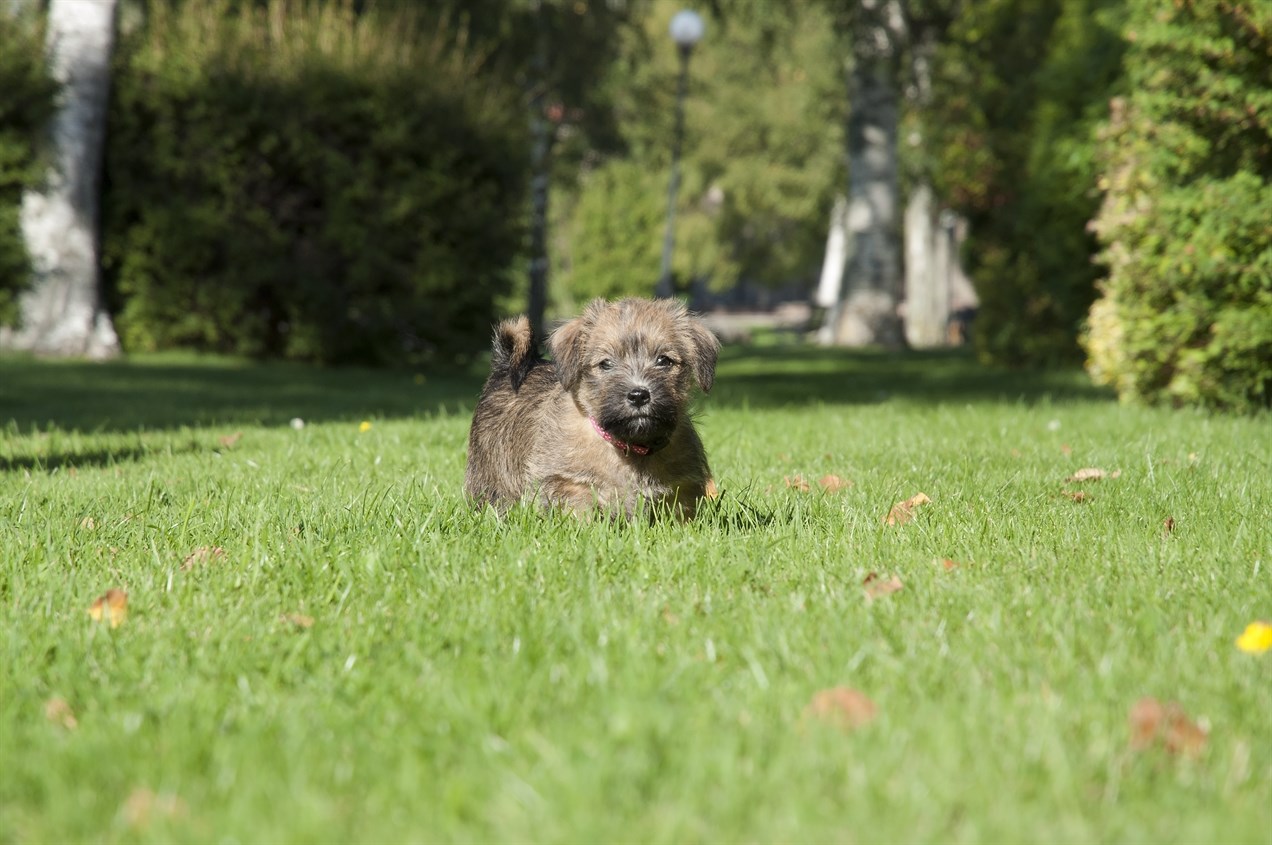Downsides and Disadvantages of Norfolk Terrier Ownership

While Norfolk Terriers are beloved for their charming personalities and small size, like any dog breed, they come with their own set of challenges and potential downsides. Prospective owners should be aware of these aspects to make an informed decision about Norfolk Terrier ownership.
Independence and Stubbornness
Norfolk Terriers are known for their independent and sometimes stubborn nature. They can be strong-willed and may not always respond immediately to training commands. Consistent, patient, and positive reinforcement-based training is essential.
Barking Tendencies
Norfolk Terriers are alert and make excellent watchdogs, but this also means they can be prone to barking. They may bark at noises, visitors, or other dogs, which can be a nuisance in quiet neighbourhoods or apartment living.
Small Size and Fragility
Their small size makes Norfolk Terriers vulnerable to accidents or injuries, especially when around larger dogs or young children who may not be gentle in their interactions. Extra care and supervision are necessary to protect them.
Grooming Needs
Norfolk Terriers have a wiry double coat that requires regular grooming, including hand stripping to maintain its texture. This can be time-consuming and may necessitate professional grooming assistance.
Digging Behaviour
Many Norfolk Terriers have a natural instinct to dig, which can lead to landscaping and yard damage. Providing a designated digging area or supervising outdoor time can help manage this behaviour.
Exercise Requirement
While they don't have extremely high exercise needs, Norfolk Terriers do require regular physical and mental stimulation. Owners should be prepared to provide daily walks and playtime to prevent boredom and potential behaviour issues.
Separation Anxiety Potential
Some Norfolk Terriers may develop separation anxiety, which can result in destructive behaviour and excessive barking when left alone. Owners should be mindful of their dog's potential for this condition and take steps to address it.
Health Concerns
Norfolk Terriers can be prone to certain health issues, including patellar luxation, hip dysplasia, heart conditions, and dental problems. Regular veterinary checkups and responsible breeding practises can help manage these concerns.
Socialisation Needs
Proper socialisation is crucial for Norfolk Terriers to ensure they are well-adjusted around other dogs and people. Neglecting this aspect of their development can lead to behaviour issues.
Cost of Ownership
Owning any dog comes with expenses, including food, grooming, veterinary care, and potentially training. Prospective owners should be prepared for the financial commitment that comes with caring for a Norfolk Terrier.
In conclusion, Norfolk Terriers are delightful dogs with many positive qualities, but potential owners should be aware of the downsides and challenges that come with this breed. With the right training, socialisation, and care, Norfolk Terriers can make wonderful companions for those who appreciate their spirited personalities and are willing to invest time and effort into their well-being.
Norfolk Terrier puppies for sale
- Find Norfolk Terrier puppies for sale in ACT
- Find Norfolk Terrier puppies for sale in NSW
- Find Norfolk Terrier puppies for sale in NT
- Find Norfolk Terrier puppies for sale in QLD
- Find Norfolk Terrier puppies for sale in SA
- Find Norfolk Terrier puppies for sale in TAS
- Find Norfolk Terrier puppies for sale in VIC
- Find Norfolk Terrier puppies for sale in WA